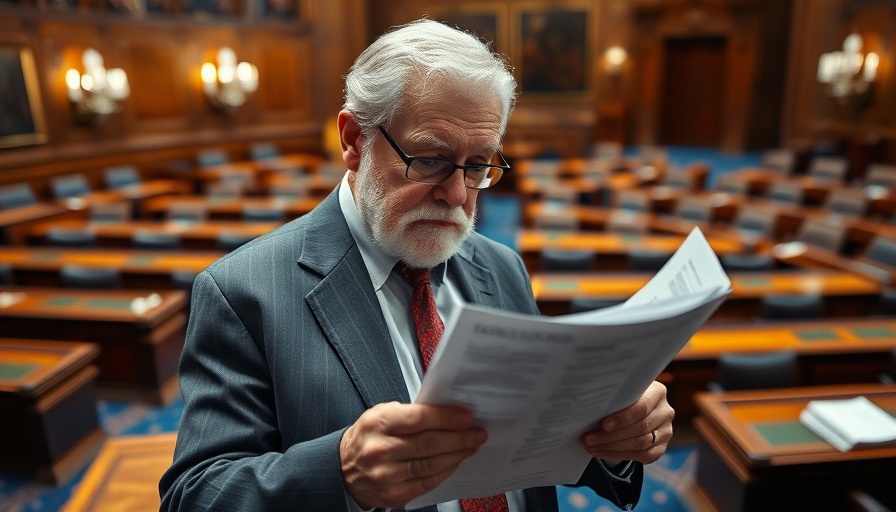
Senate's Last-Ditch Effort to Prevent a Shutdown: A Bipartisan Agreement
In a critical decision that showcased unusual bipartisan collaboration, the Senate voted 54 to 46 in favor of a government funding bill that averted a looming shutdown. This vote came just hours before the midnight deadline that would have suspended federal operations. Senator Chuck Schumer, the Senate Minority Leader, played a pivotal role in rallying support among his Democratic colleagues, and his reversal from opposition to support was influential in securing enough votes to pass the bill.
The bill, approved after a test vote where the support of key Democratic senators was critical, illustrates the delicate balance of power within the Senate, where decisions often hinge on strategic negotiations. Sen. Angus King, who caucuses with the Democrats, and Sen. Jeanne Shaheen were among the few who defied party lines to support the legislation, influenced by the fear of the repercussions that a government shutdown could entail.
Understanding the Stakes: A Government Shutdown's Threat
Sen. Schumer articulated the grave dangers posed by a government shutdown, warning it would grant increased power to figures like Donald Trump and Elon Musk, effectively allowing a more drastic reshaping of vital government services. Such fears resonate deeply in the current political climate, where the balance of power and the functionality of government can pivot on procedural votes.
Behind Closed Doors: The Strategic Calculations at Play
Dissent within the Democratic Party was palpable, with multiple members expressing dissatisfaction with Schumer's strategic pivot, voicing concerns about legitimizing GOP-led measures. Notably, progressive figures like Rep. Alexandria Ocasio-Cortez indicated that a shutdown could have served a political purpose by exposing Republican discord over the future direction of federal policy. Nonetheless, the immediate priority of preventing a shutdown overshadowed intra-party tensions.
Future Predictions: Navigating A Divided Landscape
As the political landscape continues to shift, the recent decision serves as a harbinger of the challenges legislators will face in the coming months. The upcoming budget debates will test party loyalty and strategic alliances as lawmakers attempt to balance fiscal responsibility with their voters' needs and party ideologies. The Democrats’ ability to maintain unity, while also negotiating with Republicans, will be a focal point as the deadlines for funding and policy reform loom.
What’s Next? A Call For Unity Amidst Diverging Opinions
With the bill now heading to President Trump's desk, the immediate threat of a shutdown has receded. However, the discussions around this funding measure reveal deeper rifts within the Democratic Party that could influence future legislation. Policymakers must navigate these complexities carefully to ensure effective governance. The ability to work across party lines, even reluctantly, will remain essential in the politically charged atmosphere of Washington.
 Add Row
Add Row  Add Element
Add Element 



Write A Comment